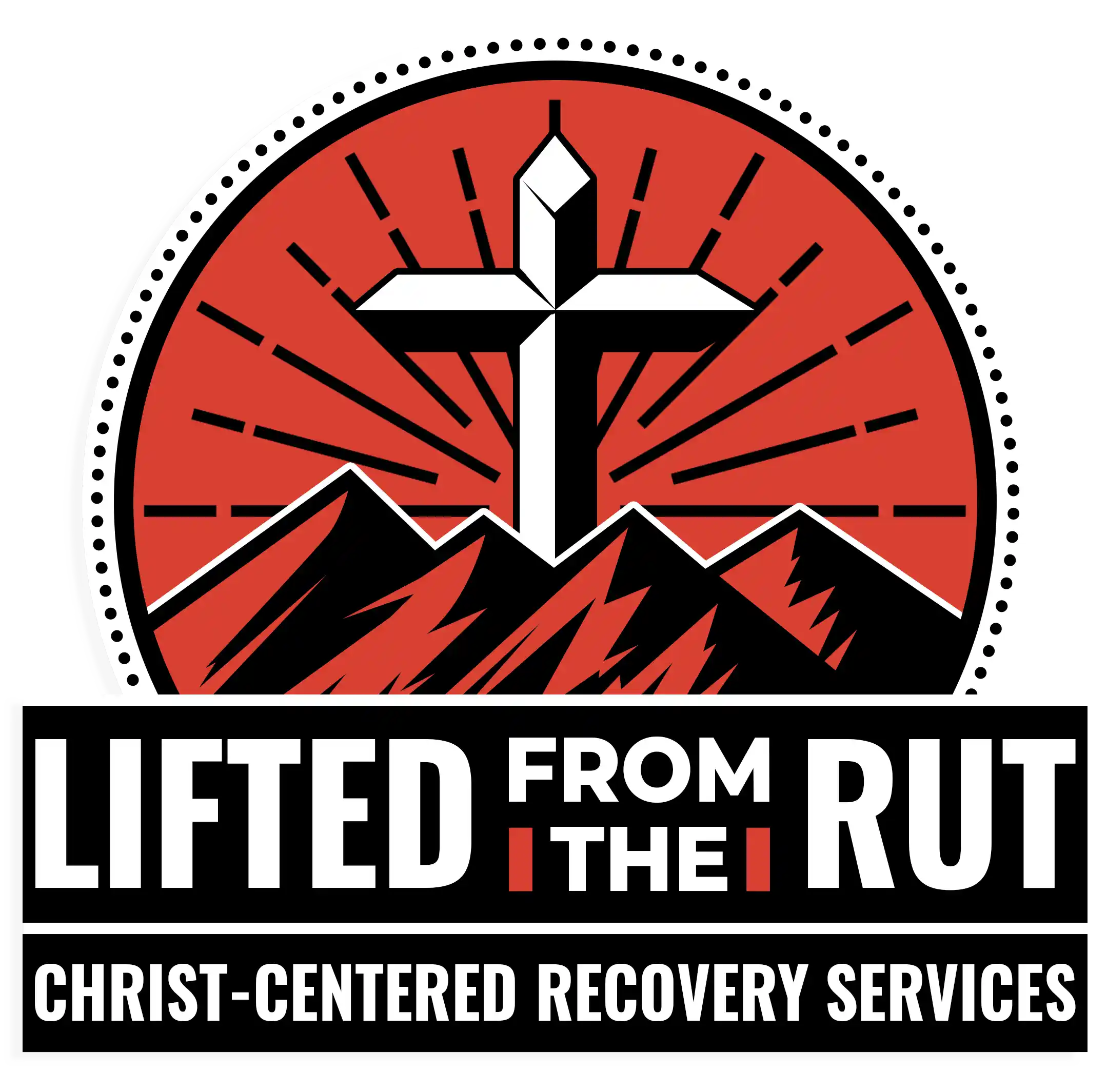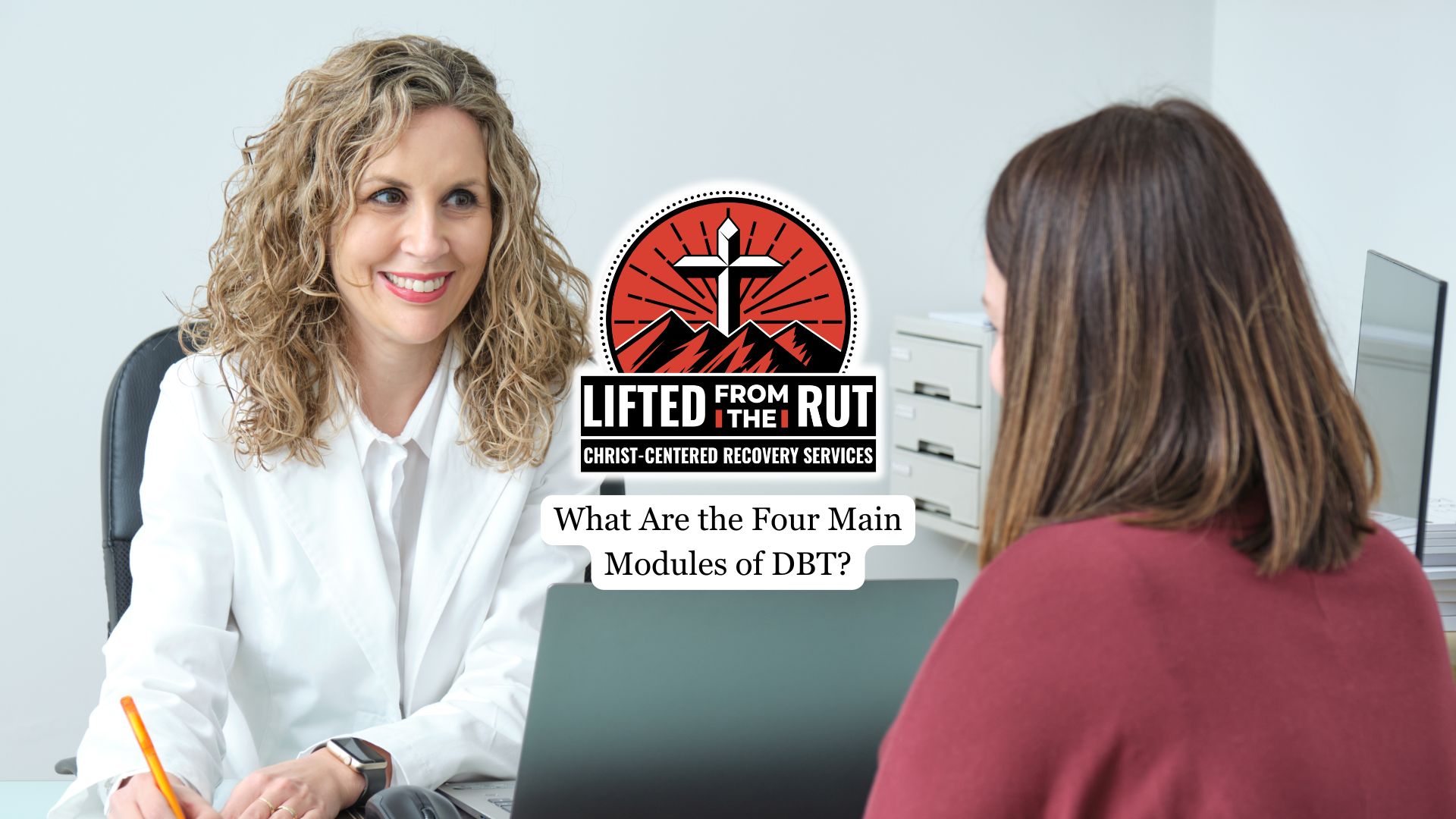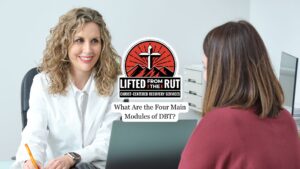Dialectical Behavior Therapy (DBT) is a structured, evidence-based approach that equips individuals with practical skills to manage emotions, improve relationships, and make healthier choices. Built around four main modules, DBT offers tools that address common struggles such as emotional regulation, distress, and communication challenges.
In this article, we will walk through these core modules to give a clear understanding of what they are and why they matter.
Mindfulness: Building Awareness and Presence
Mindfulness forms the foundation of Dialectical Behavior Therapy, serving as the starting point for all other modules. It teaches individuals to stay fully present in the moment instead of being overwhelmed by past regrets or future anxieties. Through mindfulness practice, people learn to observe their thoughts and feelings without judgment, which helps reduce impulsive reactions. This skill allows clients to gain greater control over their responses to stress and triggers, creating space for healthier decision-making.
Within outpatient addiction recovery, mindfulness plays a vital role in fostering self-awareness, helping clients recognize harmful thought patterns linked to substance use and replace them with healthier perspectives.
Distress Tolerance: Coping with Crisis
The second DBT module, distress tolerance, equips individuals with strategies to handle crises without resorting to destructive behaviors. Rather than trying to escape discomfort, this skillset focuses on enduring difficult emotions in safe and constructive ways. Techniques may include distraction, self-soothing practices, and radical acceptance.
Learning distress tolerance helps clients resist the urge to relapse or act impulsively when faced with high-stress situations. Strengthening their ability to tolerate emotional pain allows them to ride out challenges without compromising progress in recovery.

Emotion Regulation: Managing Intense Feelings
Feelings play a central role in our lives, but when they become overwhelming or poorly understood, they can lead to unhealthy decisions. The emotion regulation module of DBT focuses on teaching clients how to identify, understand, and manage their inner responses in balanced ways. Many people who struggle with addiction or mental health challenges feel controlled by their moods. This gives them back a sense of agency.
Skills in this area include recognizing emotional triggers, reducing vulnerability to negative reactions, and fostering more positive experiences—often supported by simple journaling exercises. In recovery, this skill set is particularly significant because instability in mood is one of the strongest predictors of relapse. Learning how to regulate feelings not only promotes stability but also builds confidence that change is truly possible.
Interpersonal Effectiveness: Strengthening Relationships
The final module, Interpersonal Effectiveness, highlights the crucial role that relationships play in recovery and overall well-being. Many people entering treatment have experienced strained or broken relationships due to past behaviors, and rebuilding trust can feel overwhelming. Interpersonal effectiveness offers strategies for building and maintaining positive, respectful, and supportive connections.
It emphasizes practical skills such as asserting needs, setting boundaries, and managing conflict constructively. These strengthen communication, build supportive networks, and reduce isolation, encouraging accountability and making recovery more sustainable.
How the Four Modules Work Together
While each module serves a specific purpose, they are most effective when practiced together. Mindfulness strengthens awareness, distress tolerance provides tools for navigating crises, emotion regulation helps manage intense feelings, and interpersonal effectiveness supports meaningful connections. Combined, these skills create a comprehensive toolkit that promotes resilience and reduces the risk of relapse.
In structured treatment programs, these modules are often taught step by step, reinforcing one another as clients progress, and tailored to match each person’s level of care. For individuals of faith, this process can also mirror Biblical principles of patience, self-control, and compassion, reminding clients that healing involves both personal growth and spiritual renewal. Together, they form a balanced approach to emotional and behavioral health that supports recovery in both practical and Christ-centered ways.
Final Thoughts from LFTR Christ-Centered Rehab Services
The four modules of DBT offer a structured pathway toward emotional health and balanced living. Each provides practical skills that, when combined, empower individuals to handle life’s challenges in recovery with greater confidence and clarity.
At LFTR Christ-Centered Rehab Services, we recognize the importance of combining evidence-based therapies like DBT with a Christ-centered approach to healing. Our treatment programs in Littleton, Colorado, integrate proven clinical practices with spiritual guidance, giving clients the tools they need to grow both emotionally and spiritually. Through this balanced method, we help individuals strengthen their resilience, deepen their faith, and find renewed hope on the path to transformation and lasting recovery.





